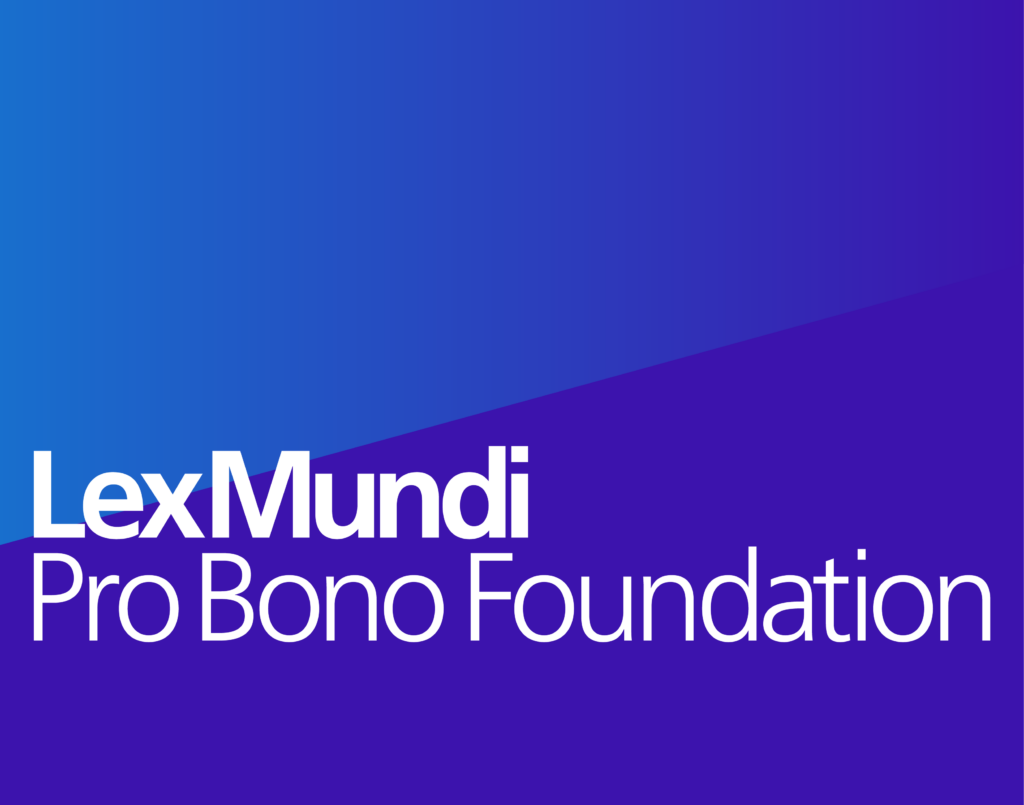The economic fallout of COVID-19 is upon us and coverage of its reach is prevalent. Stories of businesses closing their doors permanently due to the crisis proliferate the media. From government responses and record unemployment rates to fluctuating markets and threats to commerce, there is no sector left untouched by the global pandemic.
These consequences are exacerbated among social impact organizations and social entrepreneurs who seek to integrate meaningful purpose into their business models. Mission-driven organizations are fighting for survival while simultaneously fighting to respond to exponentially growing needs in their communities. Social entrepreneurs work in areas that cut across industries, tackling issues like poverty, human trafficking, education, equality, sustainability, workplace protections, climate, healthcare, and economic opportunity. As many attempt to pivot their work to address pressing needs during the COVID-19 pandemic, such as access to food and water or developing mobile community viral tracing initiatives, financial and capacity support is all the more imperative to their work.
Prior to the pandemic, impact organizations were already less likely to receive funding from traditional sources like bank loans or large investment firms. These enterprises chiefly rely on philanthropic donations, impact investors, capacity builders, and government programs for support to advance their missions. The economic impact of the global pandemic is having a direct effect on the funds available from those sources, and access to capital is especially difficult in emerging markets. As investors face tough decisions about where to focus much-needed resources, organizations struggle to stay afloat; money is tight, and budgets have been upended. And while investment support to help stabilize businesses through this crisis still exists, it is without a doubt harder to find.
Further, it is not just about the money. Social enterprises are also in dire need of legal support to continue their work. Navigating new government response policies and initiatives, renegotiating contracts due to supply chain stressors, evaluating cybersecurity protocols in an increasingly virtual world, and assuring employees’ mental and physical well-being can all require legal expertise. Existing support systems like the Lex Mundi Pro Bono Foundation, an affiliated nonprofit of Lex Mundi’s top-tier independent global law firm network, provide pro bono legal services to social entrepreneurs around the world who are working to bring about high impact and sustainable change to improve communities and lives.
Social entrepreneurs have worked for decades to solve market failures, fill gaps, and drive innovation to advance economic inclusion, environmental recovery, health, education and more. Should the ecosystem of philanthropic and impact investors, capacity builders, pro bono supporters, and peer networks falter, impact enterprises may not recover. “The economic fallout from COVID-19 could push half a billion more people into poverty. Social entrepreneurs are the de facto social net in many emerging economies. We need to intervene to help them before it’s too late,” said Saskia Bruysten, Co-Founder and Chief Executive Officer, Yunus Social Business.
To shore up aid and assure stability, 40 leading global supporters of impact organizations, led by the World Economic Forum, founded the COVID Response Alliance for Social Entrepreneurs to help impact enterprises through this crisis and beyond. The global organizations that comprise the newly formed alliance collectively support more than 15,000 social entrepreneurs in more than 190 countries, delivering benefits to an estimated 1.5 billion people. In the weeks following its formation, the Alliance added eight more members and received more than 60 requests from additional support organizations who would like to join.
The Alliance brings together long-time allies of social impact enterprises, like the Lex Mundi Pro Bono Foundation, Schwab Foundation, Ahsoka, Skoll, Echoing Green, and many others, so that social entrepreneurs can more easily access resources and locate financing. The Alliance seeks to provide holistic support to these organizations as they endeavor to rise above the devastation brought about by COVID-19. Activities of support will include assessing and highlighting the needs of social enterprises across the portfolio; amplifying and expanding available financial support for social entrepreneurs; coordinating non-financial support such as social procurement, legal services, and technological assistance; and advancing joint communication efforts to advocate for fiscal and policy interventions. The Alliance will also utilize covidcap.com, a searchable database of emergency funds available to nonprofit and for-profit entrepreneurs during COVID-19, containing global capital relief offerings worth more than USD $1 trillion. This unprecedented collaboration among foremost foundations, sector organizations, multilateral organizations, private companies, and non-governmental organizations will support social entrepreneurs by “pooling knowledge, experience, and responses to alleviate suffering and advance new models of change for a more inclusive, equitable and sustainable world,” according to the World Economic Forum.
“Social entrepreneurs and their community partners have been working for years to solve market failures and demonstrate more sustainable and inclusive models.” said François Bonnici, Director and Head of the Schwab Foundation for Social Entrepreneurship at the World Economic Forum. “These front-line organizations now face bankruptcy and severe constraints while they also innovate and respond to this global pandemic. Through this Alliance, members are committing support for social entrepreneurs to protect decades of work in the impact sector.”
Social entrepreneurs are innovative leaders testing, revitalizing, and improving institutional systems. They tackle global issues that give way to universal progress. Supporting their work is critical to our recovery and essential to assuring a greener and more inclusive economy to come. If we fail to ensure our changemakers survive this crisis, we risk forfeiting their groundbreaking leadership while rebuilding our future.
First published in Global Banking and Finance Magazine






